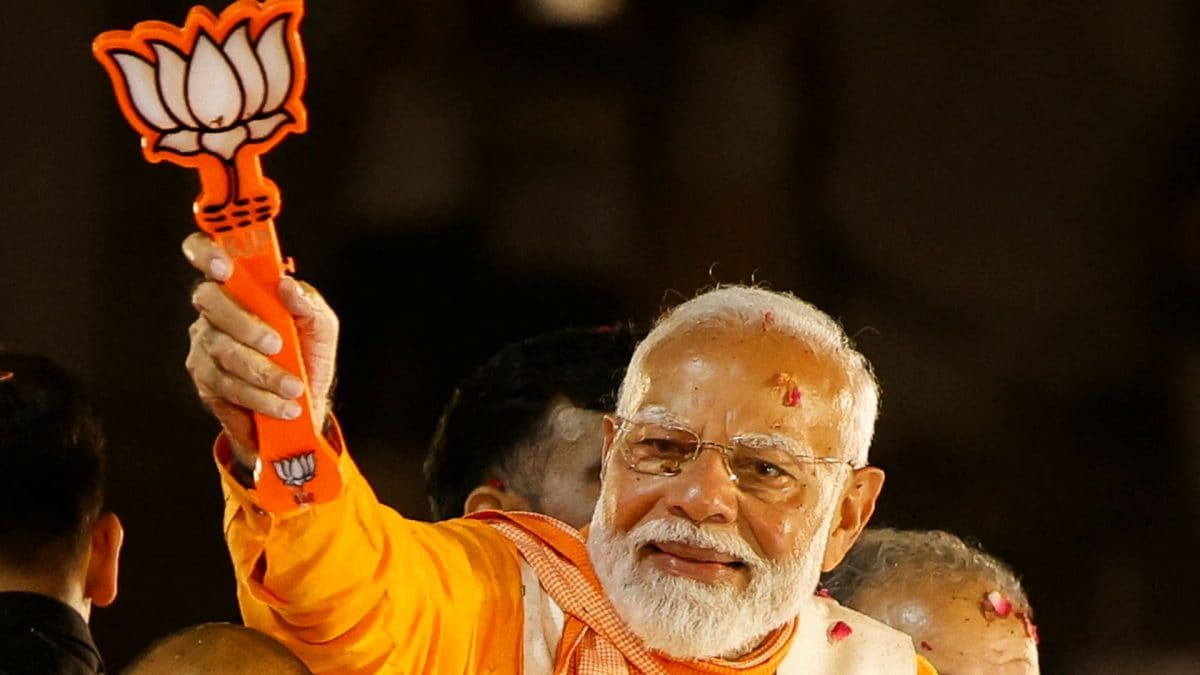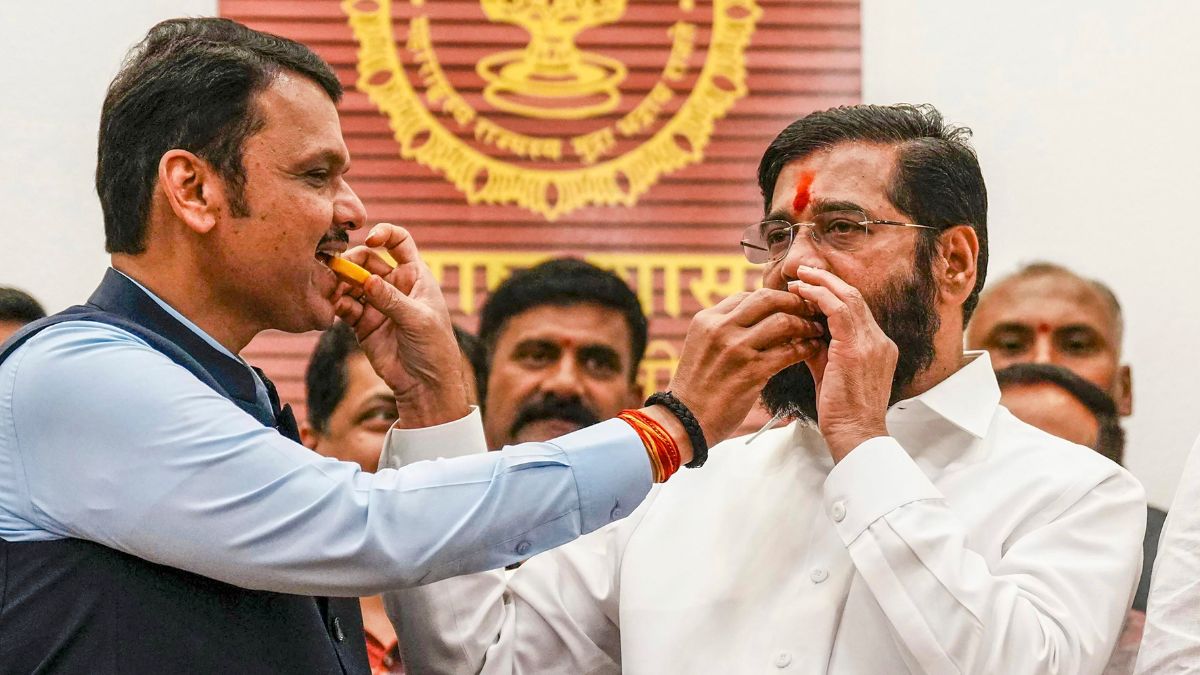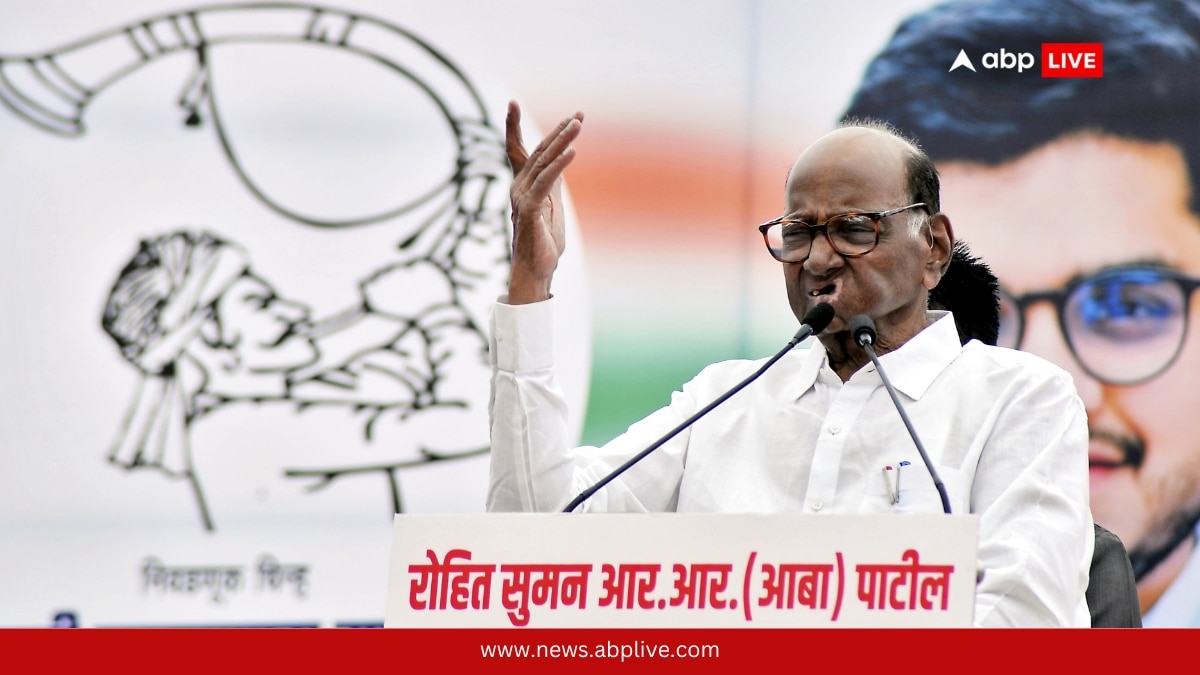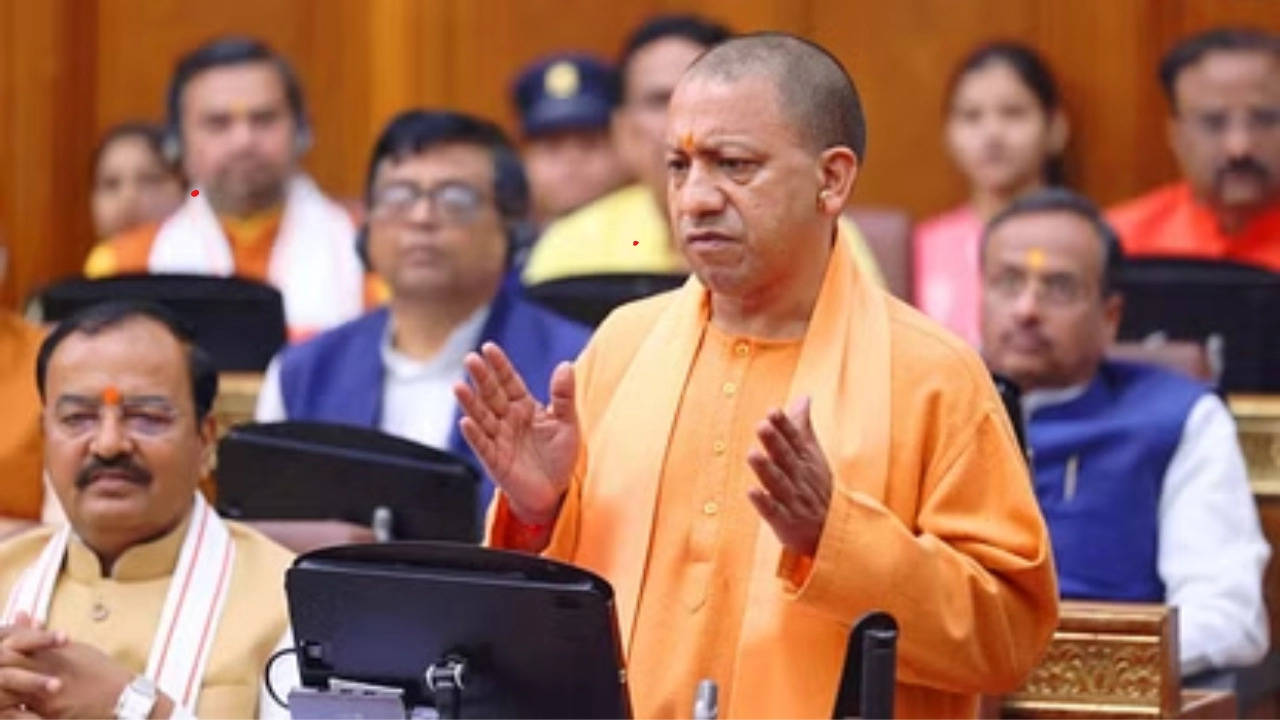
OTTAWA — Take your pick. The federal Liberals’ GST two-month “holiday” on so-called essential goods plus a $250 cheque for anyone who earned under $150,000 last year is: a) an artful political move to steal NDP and Conservative thunder via an appeal to working-class Canadians; b) a tactical ploy to break a parliamentary logjam, and if it fails, to shrug and say, “It’s not us, it’s them”; c) a shameless bid to buy votes using taxpayers’ money, whether it passes now or turns into a useful stick with which to poke opponents in an election that could happen at any time; d) a blatant pocketbook appeal to out-populist the populist Conservatives on “axing taxes”; e) not a very progressive move for a self-declared progressive government. The answer, of course, is it is all of the above.
Canadians repeatedly tell pollsters that the high cost of living is a top priority, so it is a tactic to directly appeal to voters. It borrows heavily from the Liberals’ rivals. The Conservatives campaigned on a December sales tax break like this in 2021.
(The Liberals opposed it then.) The NDP pitched a similar cut last week. One thing is for sure, the 2024 Liberal version carries a hefty price tag of $6.
28 billion — according to early calculations — at a time when Canada’s annual deficit, which Justin Trudeau’s government promised would clock in at around $40 billion, is certain to spike. Before this announcement, the Parliamentary Budget Officer pegged the federal budget deficit for 2023-24 at $46.8 billion.
That’s equal to 1.6 per cent of Canada’s economic output. Ottawa hasn’t yet released the actual number.
The PBO says it will analyze the latest promise, and won’t comment until it does, but it doesn’t have all the information from the Finance Department yet. Nobody does. But for sure, the kiddies who get cheaper diapers or Christmas toys for the next two months will be the ones paying the tab plus interest, for years to come.
It breaks down this way: That GST tax cut on wine, beer, Christmas trees, toys, clothes, takeout and other miscellaneous items? It adds up to at least $1.6 billion in lost revenue for federal coffers. It could cost a little more if Ottawa has to ante up money to appease the five provinces who may gripe about a lost share of revenue where provincial sales taxes are “harmonized” and come on top of a briefly suspended federal sales tax.
Trudeau shrugged off that question Friday, saying provinces should realize “this is a way they can be there for people.” Ontario says it’s already made a similar cut on certain essentials, but New Brunswick and Prince Edward Island complained they were blindsided. Newfoundland’s government said it will go along with the federal plan for a sales tax pause.
And those Doug Ford-style, “chicken in every pot” cheques? They’ll cost the federal treasury $4.68 billion. More than $6 billion in all — money that could have been better targeted to more needy Canadians, in the view of some like David Macdonald, senior economist at the Canadian Centre for Policy Alternatives.
“There’s almost no progressivity to it whatsoever,” said Macdonald in an interview. The $250 payment is “almost universal,” he said, because only five per cent of Canadian workers earn over $150,000, and the other 95 per cent make $150,000 or less. “So basically everybody is getting it.
” Instead of sending $250 to “basically everybody,” Macdonald said the government could have sent $500 or $1,000 to the lowest-earning 30 per cent of workers, or the lower half of workers, and concentrated the help to those most in need of a boost right now. “Presumably it’s the visibility is what’s important here, more so than necessarily substantially helping folks that are maybe turning to food banks because they can’t afford food.” Macdonald flagged a risk that consumers may not get the full value of five per cent savings that Ottawa is promising via the sales tax break if, for example, grocery stores decide to take up some of that pricing space and it leads to only a two per cent savings for their customers.
That should eventually show up in Statistics Canada’s data on the consumer price index. “If we continue to see prices increase, what that means is it wasn’t consumers that got the full value, that it was the stores themselves that took some of this profit,” he said. But, added Macdonald, “in the long run, it doesn’t change the picture on food prices.
” “It doesn’t decrease prices by 20 per cent which is roughly the amount that they’ve gone up since 2019. It means that people that were turning to food banks in November are going to turn to food banks in March” when the tax holiday ends. It also doesn’t change the broader picture on housing costs — the other thing Canadians are “absolutely” upset about, said Macdonald.
He said that is another argument for a more targeted effort to send $1,000 to low-income renters who are struggling with steep monthly payments and are the ones having to turn to those food banks. Politically, what’s really going on here? A lot. Of course, the New Democrats claimed credit.
And of course, the Conservatives — under a new leader since 2022 — panned it. NDP Leader Jagmeet Singh says the Trudeau government should have followed his advice and presented a permanent sales tax cut, not a temporary one. The NDP got out ahead of the Liberals with its own announcement last week that pledged to permanently remove federal GST on a broader range of essentials — home heating and monthly internet and cellphone bills, for example — estimating it would be about $5 billion a year, and proposing to pay for it with a tax on excess corporate profits.
Still, he said it was the Liberals who “caved” and the NDP will support the measure. Conservative Leader Pierre Poilievre would not say he’d vote against it. He is, after all, the “axe the taxes” poster boy.
But he said Conservatives would instead permanently cut “carbon taxes” and the GST on new home construction. Poilievre said the Liberal move is inflationary, and hypocritical of Trudeau, whose past words Poilievre quoted when saying the more dollars the government injects into the economy, the more upward pressure it puts on prices. Trudeau, in announcing the pre-holiday goodies, replied — in effect — that was then, this is now.
Inflation, he argued, is easing, and this temporary measure will bring broad-based relief without fuelling price hikes. Jennifer Robson, a professor at Carleton University’s school of public policy and administration, called the twin announcements “gimmicky.” “The GST holiday is going to be administered by having businesses adjust all of their tax calculations at the register and that’s not cost-free,” she said, adding registers will have to be reset once the holiday is over.
(The Canadian Federation of Independent Business agrees. It would rather broad-based permanent tax “relief” to increase consumer demand that it says has dampened sales for small business in Canada.) Robson said the cheques may be a populist measure like Premier Doug Ford’s promise of $200 cheques to Ontarians despite his own budget’s red ink, and a GST cut may persuade some people to shift the timing of some purchases — maybe parents will buy a child car seat earlier.
But, she said, it doesn’t ease the squeeze for many. “I can’t quite explain it except for maybe panic because $250 one time, once, sprinkled across the board in this way, is really not going to fundamentally change the purchasing power of an awful lot of households.” As for deficit concerns? Pfft, says the government.
Trudeau and Finance Minister Chrystia Freeland say the federal government can afford these two measures “because Canada has one of the strongest balance sheets in the world.” That essentially means that, while the federal budget is still awash in red ink, comparatively speaking there are a lot of other countries worse off than Canada. University of Calgary Prof.
Trevor Tombe posted on “X” that these “are very costly measures. They do nothing to address the mounting economic challenges that Canada faces. “By doing this, the government invites valid critiques that it is not taking these pressing issues seriously,” he wrote.
Trudeau dismissed his critics Friday. He said with the latest moves, he is addressing the needs of more individual “hard-working middle-class Canadians” who didn’t benefit from previous breaks for retirees, disabled people or families with children. He called it a “thank you” of sorts for all they did to bring Canada out of the pandemic.
“We’re focused on Canadians. I’ll let the bankers worry about the economy,” he said. What that also means is that the Liberals and their erstwhile progressive government allies, the New Democrats, just got less progressive.
They are shifting away from saying government’s role is to help the poorest to saying they should help as many as possible in an election year. Where they once defended higher taxes on wealthier Canadians as an investment in health care, child care, long-term care, pharmacare, or dental care, they are now pivoting to using tax dollars as a way to take care of their own electoral prospects, too. Short-term gain for long-term pain.
.














